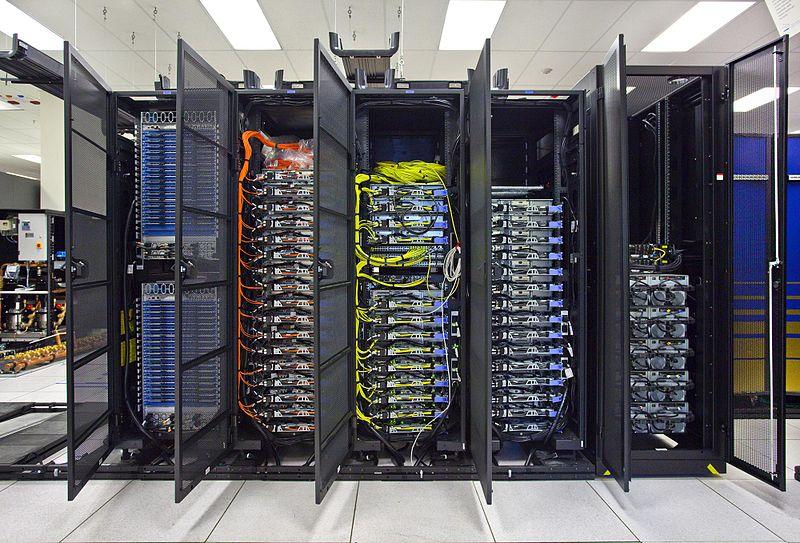

A scholar of science, technology, and social inequality, she is the author most recently of The Social Life of DNA: Race, Reparations, and Reconciliation after the Genome. Today, she is a founding member of the Our Data Bodies Project and a Fellow at New America.Īlondra Nelson is president of the Social Science Research Council and professor of sociology at Columbia University. For two decades, Eubanks has worked in community technology and economic justice movements. In addition to her latest book, Automating Inequality: How High-Tech Tools Profile, Police, and Punish the Poor, she is the author of Digital Dead End: Fighting for Social Justice in the Information Age and co-editor, with Alethia Jones, of Ain’t Gonna Let Nobody Turn Me Around: Forty Years of Movement Building with Barbara Smith. Virginia Eubanks is an Associate Professor of Political Science at the University at Albany, SUNY.

Powerhouses Alondra Nelson and Julia Angwin join Eubanks for a discussion on data-based discrimination. In the process, they weaken democracy and betray our most cherished national values. Like the county poorhouse and scientific charity before them, digital tracking and automated decision-making hide poverty from the middle-class public and give the nation the ethical distance it needs to make inhuman choices: which families get food and which starve, who has housing and who remains homeless, and which families are broken up by the state. has always used its most cutting-edge science and technology to contain, investigate, discipline and punish the destitute. The book is full of heart-wrenching and eye-opening stories, from a woman in Indiana whose benefits are literally cut off as she lays dying to a family in Pennsylvania in daily fear of losing their daughter because they fit a certain statistical profile.

Virginia Eubanks discusses her most recent book Automating Inequality: How High-Tech Tools Profile, Police, and Punish the Poor.Įubanks systematically shows the impacts of data mining, policy algorithms, and predictive risk models on poor and working-class people in America.


 0 kommentar(er)
0 kommentar(er)
